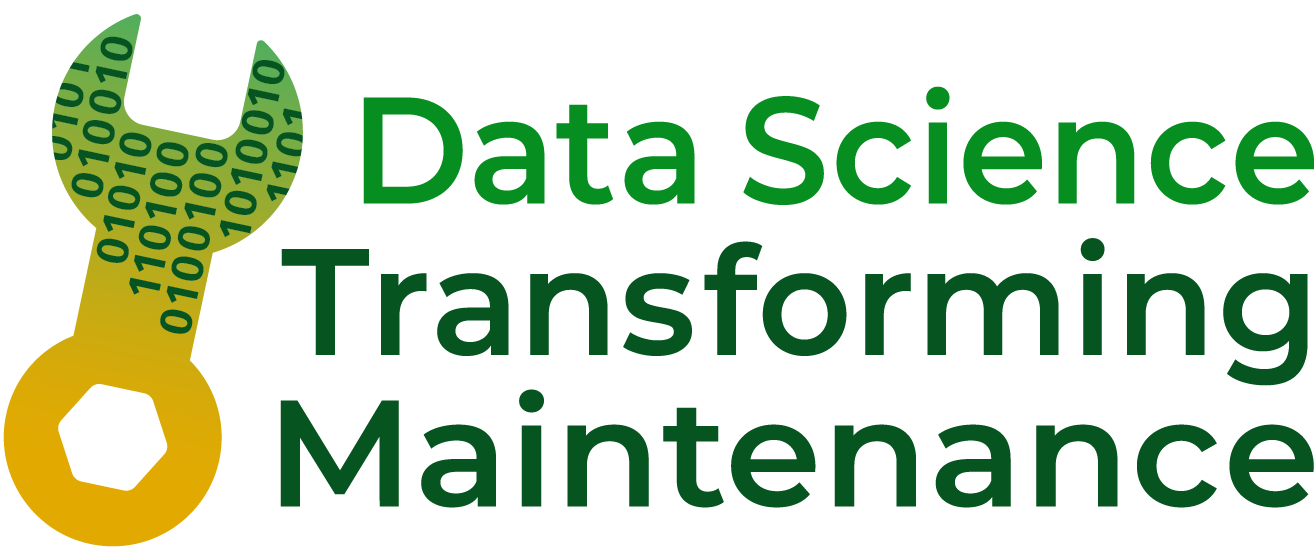Welcome to an update on CTMTDS activities.
Highlights #
- Gabriel González has successfully completed his first candidacy milestone. He presented his PhD research proposal at the Researchers Catch-Up on Friday, 7 July 2020.
- Melinda Hodkiewicz has been elected to the MRIWA College of Experts. The primary function of the College is to provide advice to MRIWA and the Board on research priorities. The College will assist in the assessment of research grant applications, through participation in grant assessment panels. MRIWA manages the WA Governments funding to the mining sector.
- Prof Andrew Rohl has taken on the position as Head of School, Electrical Engineering, Computing and Mathematical Sciences at Curtin University. He has relinquished his role as director of the Curtin Institute for Computation and so now splits his time between CTMTDS and the School.
- Dr Ayham Zaitouny was awarded a project grant with collaborators from Harry Perkins institute.
CTMTDS Activities #
CTMTDS Code Repository #
John Hille has developed a code repository for the Centre. It is a customised, privately hosted instance of the popular GitLab suite of tools. Along with the usual expected features for hosting, sharing and merging all types of code using Git, the CTMTDS code repository also provides simple documentation, task tracking and CI/CD (see below) features which may be utilised by CTMTDS projects.
CI/CD is the acronym for Continuous Integration/Continuous Deployment. It is a common method of performing tasks like automated tests, static analysis, testing coverage, and deployments automatically every time a codebase is updated. This helps to build and maintain the quality of a codebase by ensuring that bugs are discovered quickly and quality reports are performed regularly and effortlessly.
Technical Language Processing #
Michael Stewart was invited to present a one-hour webinar in the UWA Research Bytes Series on 25 June. He gave an overview of research on Technical Language Processing to demonstrate its usefulness and significance and to garner interest in the research carried out by Theme 1.
Michael provided details on the work currently underway in Theme 1 on unlocking information in maintenance work orders. The webinar attracted attention from a broad and diverse audience of 52 attendees, including many international attendees from a range of industries. The majority of the questions during the Q&A session were about the work on constructing knowledge graphs from maintenance work orders.
If you would like to hear Michael's seminar, please use this link.
Future of Research – Industry-Partnered Research Scenarios #
Melinda Hodkiewicz and Michael Small took part in a project, run by the G08 Directorate, to prepare a report for the Australian Government on the future of research. Both Melinda and Michael made substantial contributions, including drafting some of the 15 recommendations, to the section of the report on "Industry partnered research scenarios".
If you would like to know more about this project, please see this link. Please note this project is a follow-up to an earlier initiative.
Workshops organised #
Researcher Catch-up #
Our Researcher Catch-up have continued fortnightly virtually. These meetings are arranged by our research fellows and consist of two 30-minute presentations given by researchers in the Centre.
They are attended by the Centre Chief Investigators, Research Fellows and HDR candidates associated with the Centre
Research Impact Evaluation – Prof Andrew Rohl #
Research impact is defined as ‘the contribution that research makes to the economy, society, environment or culture, beyond the contribution to academic research’. Using CSIRO impact evaluation framework, Andrew Rohl gave a presentation on the increasing importance of evaluating the impact of our research. He pointed out that the Australian Research Council also measures impact, and it has provided assessments in the report Engagement and Impact Assessment 2018-2019 . Impact is also one of Curtin universities five values, and UWA provides researchers with an impact toolkit.
A Model for Sequential Decision Making Under Uncertainty – Dr Asghar Moeini #
Asghar Moeini presented a proposed new algorithm based on dynamic programming to support maintenance decision making. The application for the model is on wash tank maintenance. The proposed algorithm will reduce the time to model the parameter from hours to minutes.
Risk-based inspection intervals: a practical approach – Gabriel González #
The aim of Gabriel research is to provide practical methods for establishing and optimising risk-based inspection intervals of degrading repairable systems. The expected results of his work will be to reduce both the total cost of ownership of assets and the exposure of personnel to hazardous environments. His research will simplify maintenance operations by reducing the workload on planners and schedulers.
Webinars #
On behalf of the Mathematics of Computation and Optimisation (MoCaO) group of the Australian Mathematical Society, Hoa Bui is hosting a series of weekly Variational Analysis and Optimisation Webinars with researchers at the University of Melbourne, University of New South Wales and Federation University. The purpose of the webinars is to connect mathematicians who work on optimisation.
GitLab workshop #
On the 14 August, Andrew Rohl will facilitate a half-day workshop on Git and Gitlab to demonstrate version control and the use of the CTMTDS code repository. The workshop is based on Software Carpentry lessons, but it is tailored to the CTMTDS environment and also addresses the challenges of version control with Jupyter notebooks.
Seq2KG: An End-to-End Neural Model for Domain-Agnostic Knowledge Graph Construction from Text #
Michael Stewart will be presenting on a paper entitled “Seq2KG: An End-to-End Neural Model for Domain Agnostic Knowledge Graph (not Text Graph) Construction from Text” at the 17th International Conference of Principles of Knowledge Representation and Reasoning (KR2020).
